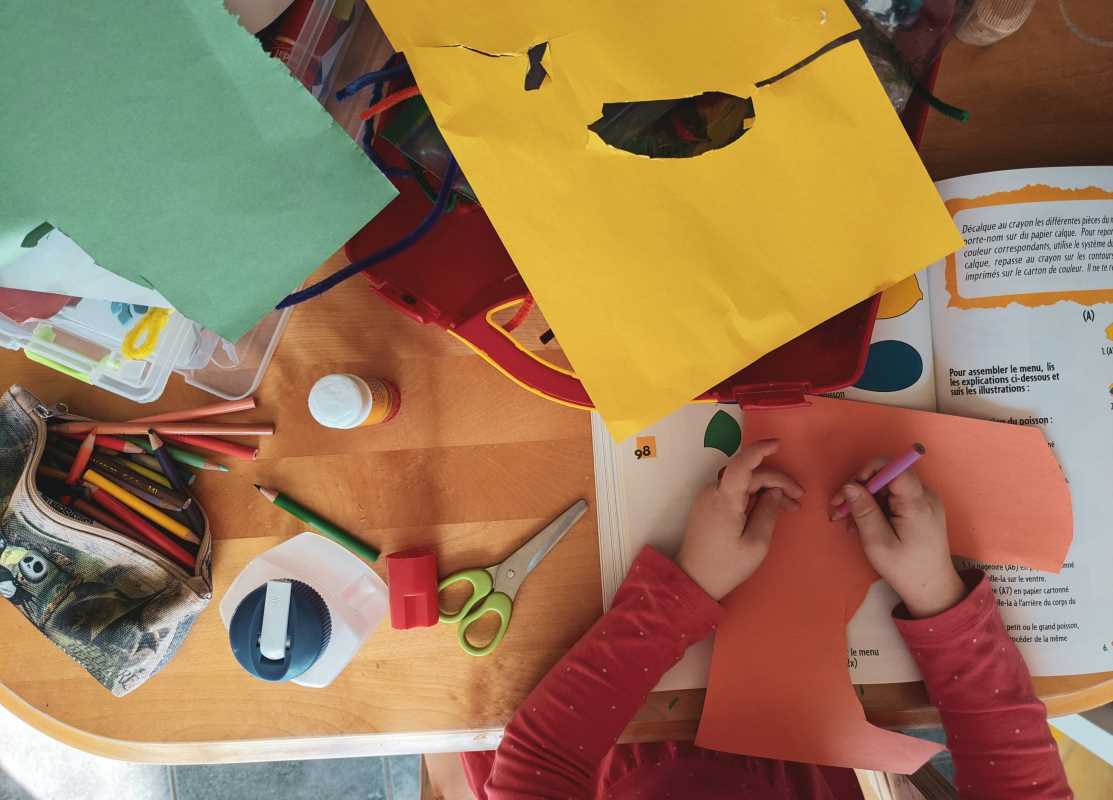Tips for Dealing with Family Disagreements
By: Missy Stark Last updated: 08/28/2024
Family dynamics can be complicated, and disagreements are inevitable. Knowing how to navigate these disagreements without causing long-term rifts is crucial for maintaining healthy relationships. Here are some helpful tips for dealing with family disagreements:
Communication is key.
Open and honest communication can help clarify misunderstandings and prevent conflicts from escalating. Listening actively and expressing your own thoughts calmly can facilitate productive discussions. This approach allows family members to understand each other's perspectives and work towards finding common ground.
Set boundaries.
Boundaries are essential for maintaining respect and avoiding unnecessary tension. Clearly define what behaviors are acceptable and unacceptable within your family dynamic. Establishing boundaries can help prevent conflicts and provide a sense of security for everyone involved.
Practice empathy.
Put yourself in the other person's shoes to understand their feelings and motivations. Empathy can foster compassion and build stronger connections within the family. Recognizing each other's emotions and perspectives can lead to more meaningful resolutions.
Seek compromise.
In any disagreement, it's essential to find a middle ground that satisfies all parties involved. Compromise may require flexibility and understanding from both sides. Be willing to find solutions that consider everyone's needs and interests rather than focusing solely on winning the argument.
Take a break when needed.
Sometimes emotions can run high during family disagreements, leading to unproductive arguments. It's okay to take a step back and give yourself time to cool off before continuing the discussion. Taking a break can help prevent escalating tensions and allow for a more constructive conversation later on.
Seek external support.
In some cases, family disagreements may be too complex or deeply rooted to resolve on your own. Consider seeking help from a professional counselor or therapist to mediate the discussion and provide guidance on how to address the underlying issues. Seeking external support can offer a fresh perspective and lead to more effective conflict resolution.
By incorporating these tips into your approach to dealing with family disagreements, you can strengthen your relationships, promote understanding, and foster a harmonious family dynamic. Effective communication, setting boundaries, practicing empathy, seeking compromise, taking breaks when needed, and seeking external support are essential tools for navigating challenging situations with grace and understanding.
This content was created with the help of a large language model, and portions have been reviewed and edited for clarity and readability.






